CEE | Center for Experimental Ethnography
Menu
|
Join us December 8, 2019 at the Penn Museum for sound installations beginning in the Mosaic Hall at 2pm. These installations take you through gardens in New Jersey, a historic Philadelphia prison, Hong Kong social movements, the Schukyill river and environs, a downtown mall, two Penn laboratory spaces, and other sites. These projects are brought to you by the following creators and students in Ernst Karel's Audio Ethnography course.
1 Comment
CRAZINIST ARTIST Va Bene Elikem Fiatsi (preferred pronoun "sHe/it"), who performs under the name crazinisT artisT, will give a lunch presentation on Thursday, Dec 5. at 1 PM at the Penn Museum.
Vab's multimedia and installation/performance work uses the body as a thought provoking tool to explore the constructedness of identity, themes of bodily entrapment, public violence, and extreme marginality. During the lunch, Va Bene will discuss sHe/it's most recent work in decolonial arts organizing as the creator and director of an Ghana-based artists residency that, for its second year in 2020, will bring 56 international artists from dozens of nations for a 2 month collaborative residency in public contemporary art in Kumasi, Ghana. Va bene's past projects have been internationally covered in African Arts, CNN, OkayAfrica, CCQ, Diario de Regiao, Apollo, and other venues, and Vab has completed residencies in France, Germany, England, Nigeria, Cape Verde, Switzerland, Netherlands, Brazil, New York and more (full CV here). Following a lunch presentation at the Center for Experimental Ethnography, Va Bene Elikem Fiatsi performed an intimate and collaborative self-curated work, RItual reALITies at Slought, followed by a conversation with CEE Postdoc Alissa Jordan. In "RItual reALITies," Fiatsi engaged in a part-performance and part-discussion that explored identities as rituals that are produced collaboratively if not always conscientiously between individuals and societies. Detangling the notions of ritual, free will, and collaboration at the core of anti-trans and anti-LGBTQ+ violence on the world stage, Fiatsi asks: what collaborative rituals are used to make certain identities "real" and others "unreal" at State borders? and "Can the idea of "Reality" itself be seen as part of political rituals and ritual identity claims? Listen to the conversation by clicking the link below, and visit the Slought.Org archive of the performance and conversation here. "Implosion" showcases the exceptional end-of-semester interdisciplinary and collaborative works by Penn graduate students in Kristina Lyons' (Penn Anthropology) seminar, "Critical Engagements with Science(s) and Justice(s)".
Their installations will be shown on December 4th from 6:30-8:30 pm in Classroom L1 of the Penn Museum. These interdisciplinary collaborative projects took inspiration from the conceptual work of Donna Haraway and Joe Dumit to implode on combat medic trenches, an ebola epidemic, a data center, Monsanto´s glyphosate, and Mirena IUD technology. Students built multimodal installations out of the exercise.
CEE Visiting Fellow Ernst Karel and collaborator Veronika Kusumaryati will present and discuss their work in the audio archives resulting from the so-called ‘Harvard Peabody Expedition to Netherlands New Guinea’ in 1961. This was a large-scale anthropological expedition organized by filmmaker Robert Gardner to what is currently West Papua with the intention, as he put it, to carry out “a comprehensive study of a single community of Neolithic warrior farmers.” Funded by the Dutch colonial government and private donations, and consisting of several of the wealthiest members of American society wielding 16mm film cameras, still photographic cameras, reel-to-reel tape recorders, and a microphone, the expedition settled for five months in the Baliem Valley, among the Hubula (also known as Dani) people. It resulted in Gardner's highly influential film Dead Birds, two books of photographs, Peter Matthiessen's book Under the Mountain Wall, and two ethnographic monographs. Michael Rockefeller, a fourth-generation member of the Rockefeller (Standard Oil) family, was tasked with taking pictures and recording sound in and around the Hubula world.  Veronika KUSUMARYATI is a political and media anthropologist working in Melanesia and Southeast Asia. Her scholarship engages with the theories and historiography of colonialism, decolonization, and postcoloniality. She is currently working on a book manuscript entitled “Ethnography of a Colonial Present: History, Experience, and Political Consciousness in West Papua,” an ethnography of everyday experiences of colonialism and the making of political consciousness in West Papua, a self-identifying term that refers to Papua and West Papua provinces of Indonesia. She received my bachelor degree from the Jakarta Institute of Arts majoring in Film and Media Studies. She is a member of the Sensory Ethnography Lab and currently a Harvard College Fellow in Anthropology. 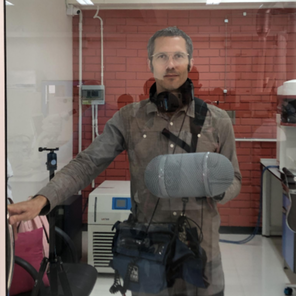 Ernst Karel works with sound, including experimental nonfiction sound works for multichannel installation and performance, electroacoustic music, and postproduction sound for nonfiction vilm [film/video]. His work focuses on the practice of location recording and composing with unprocessed location recordings; in performance he sometimes combines these with analog electronics to create pieces which move between the abstract and the documentary. His work has been presented at Sonic Acts, Amsterdam; Arsenal, Berlin; and the 2014 Whitney Biennial, among others. Sound installations with Helen Mirra have been exhibited at the Gardner Museum in Boston, MIT List Visual Arts Center, and in the 2012 Sao Paulo Bienal. Video with multichannel sound collaborations include Ah humanity! (2015, with Lucien Castaing-Taylor and Véréna Paravel) and Single Stream (2014, with Toby Lee and Pawel Wojtasik). He completed his PhD on the anthropology of sound in the Committee on Human Development, University of Chicago, in 2003. At the Sensory Ethnography Lab at Harvard University, he collaborated on sound for vilms including The Iron Ministry, Manakamana, and Leviathan, and developed and taught a practice-based course in 'sonic ethnography.' Currently he is working through the archive of tape recordings from the so-called Harvard Peabody Expedition to Netherlands New Guinea, 1961, in collaboration with Veronika Kusumaryati. |
Categories |
Contact Us // 438 PENN MUSEUm // [email protected]
© 2018 The Trustees of the University of Pennsylvania
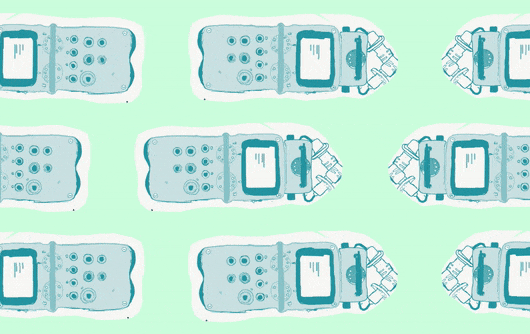
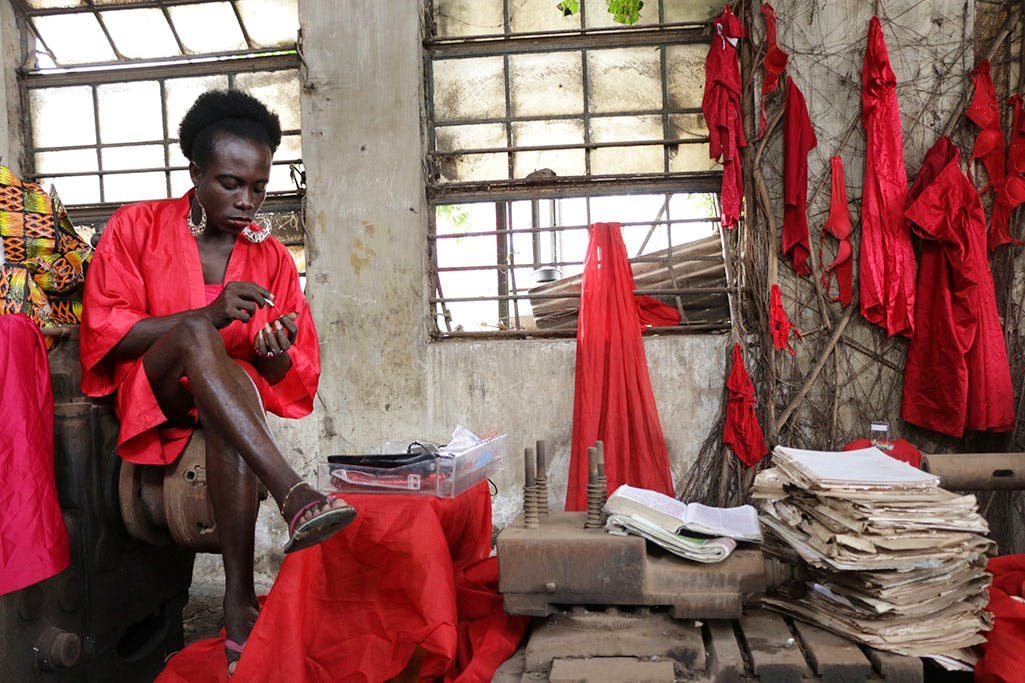
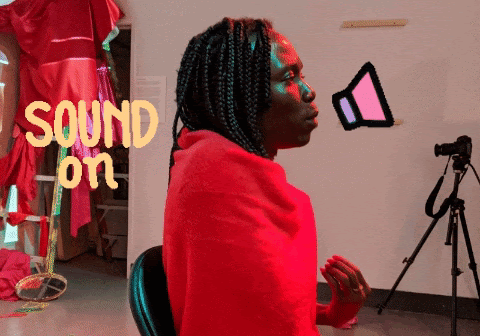
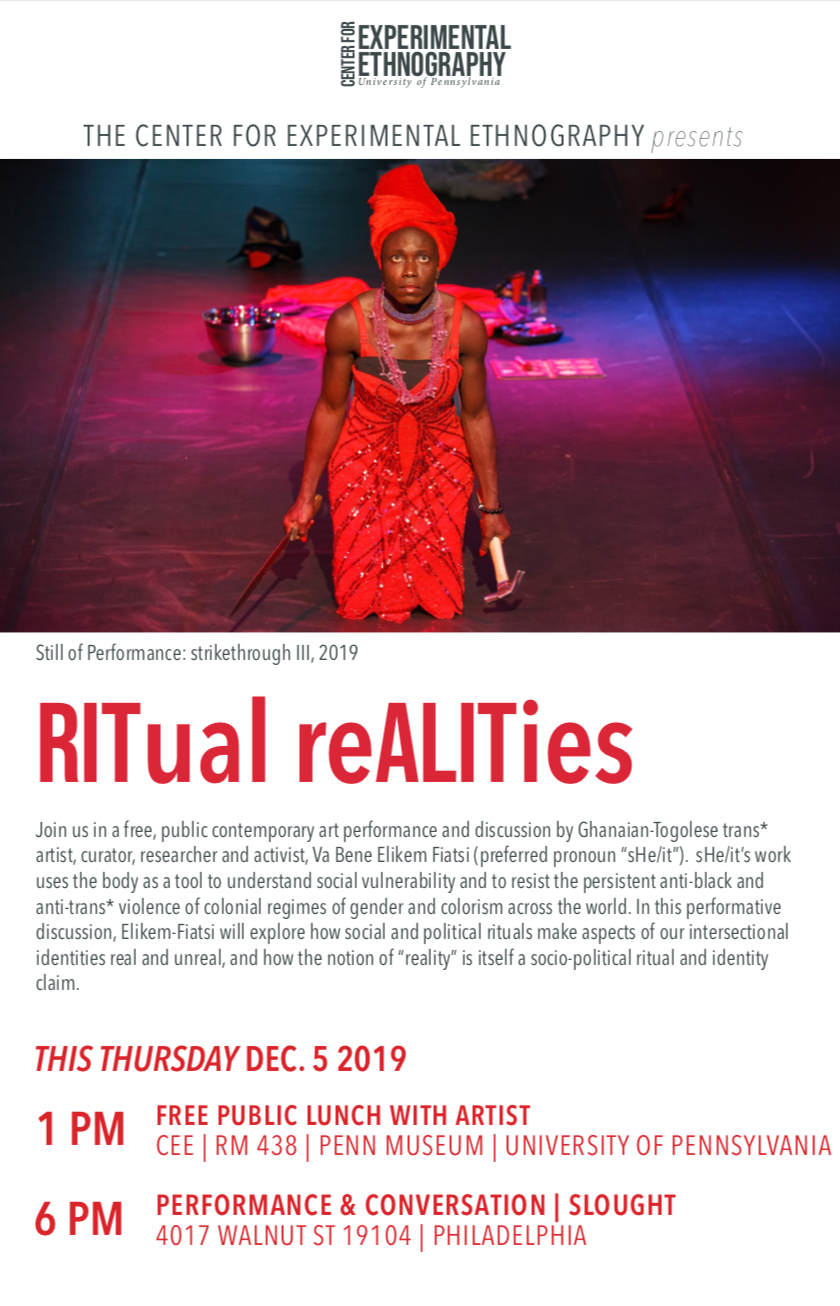
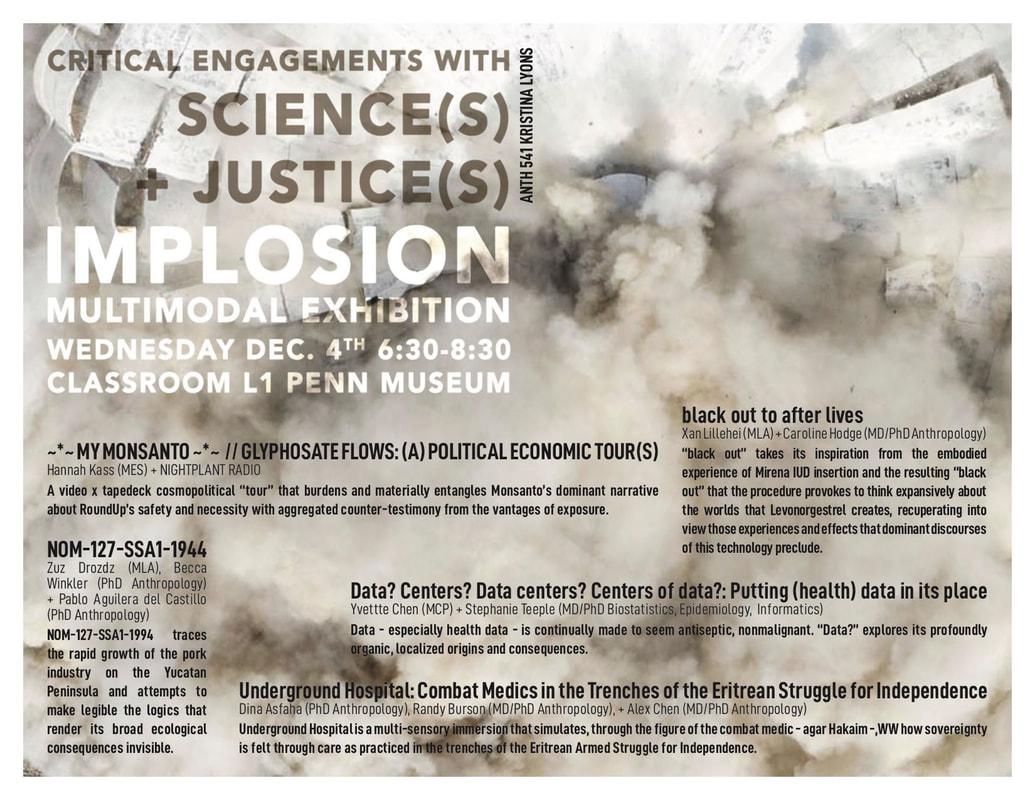
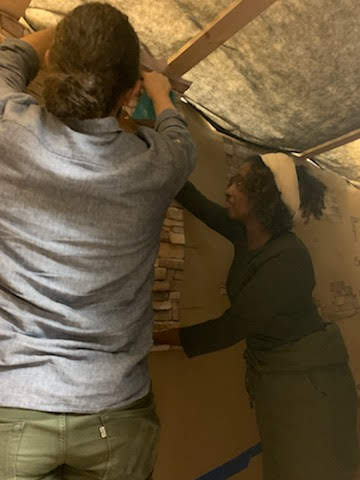
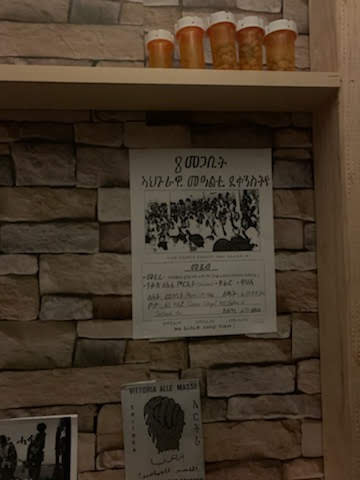
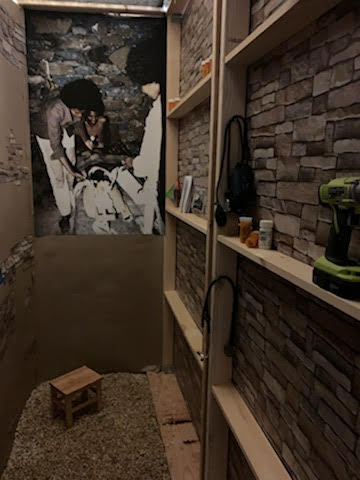
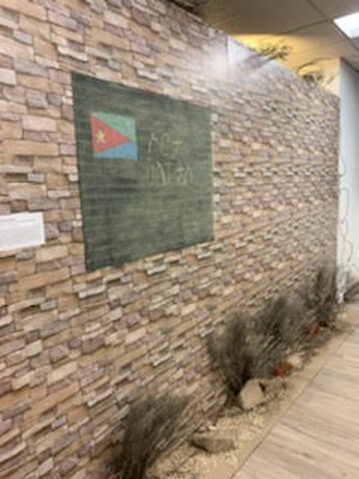
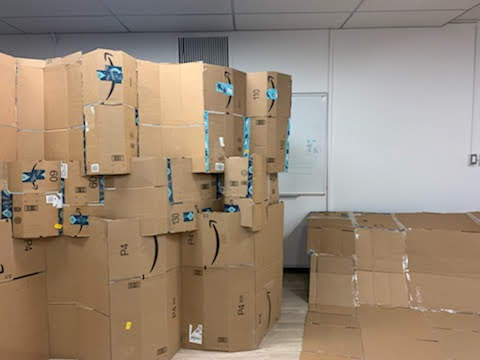

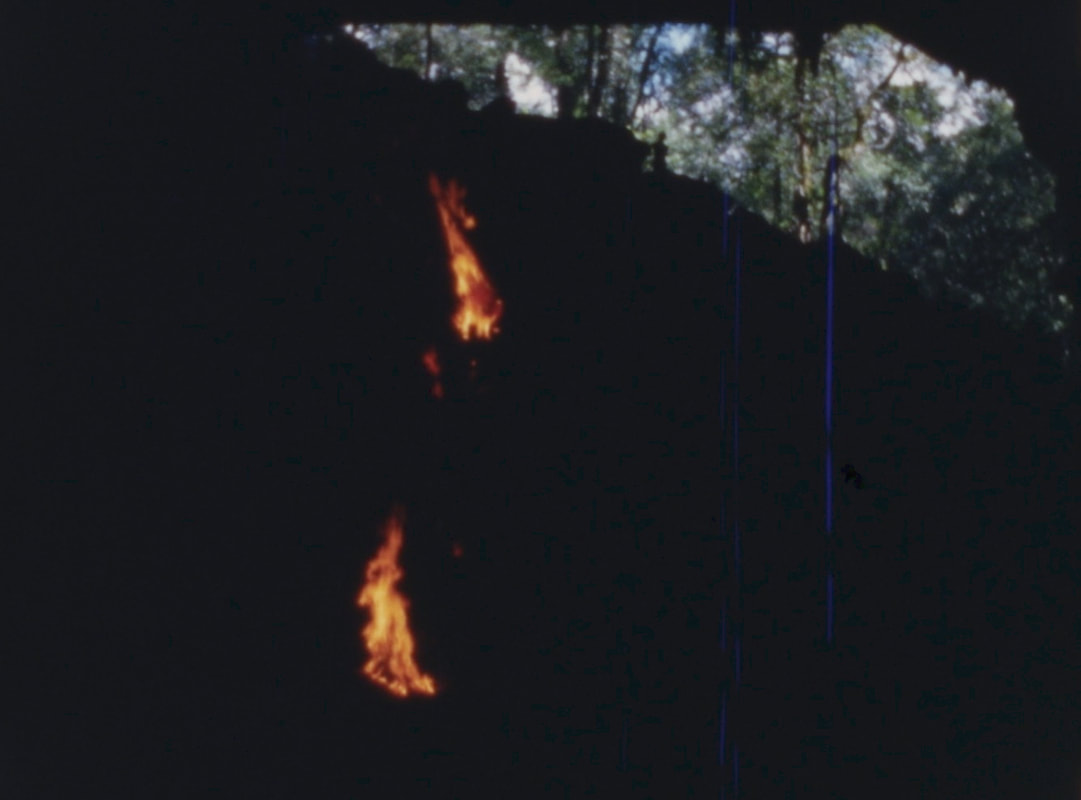
 RSS Feed
RSS Feed